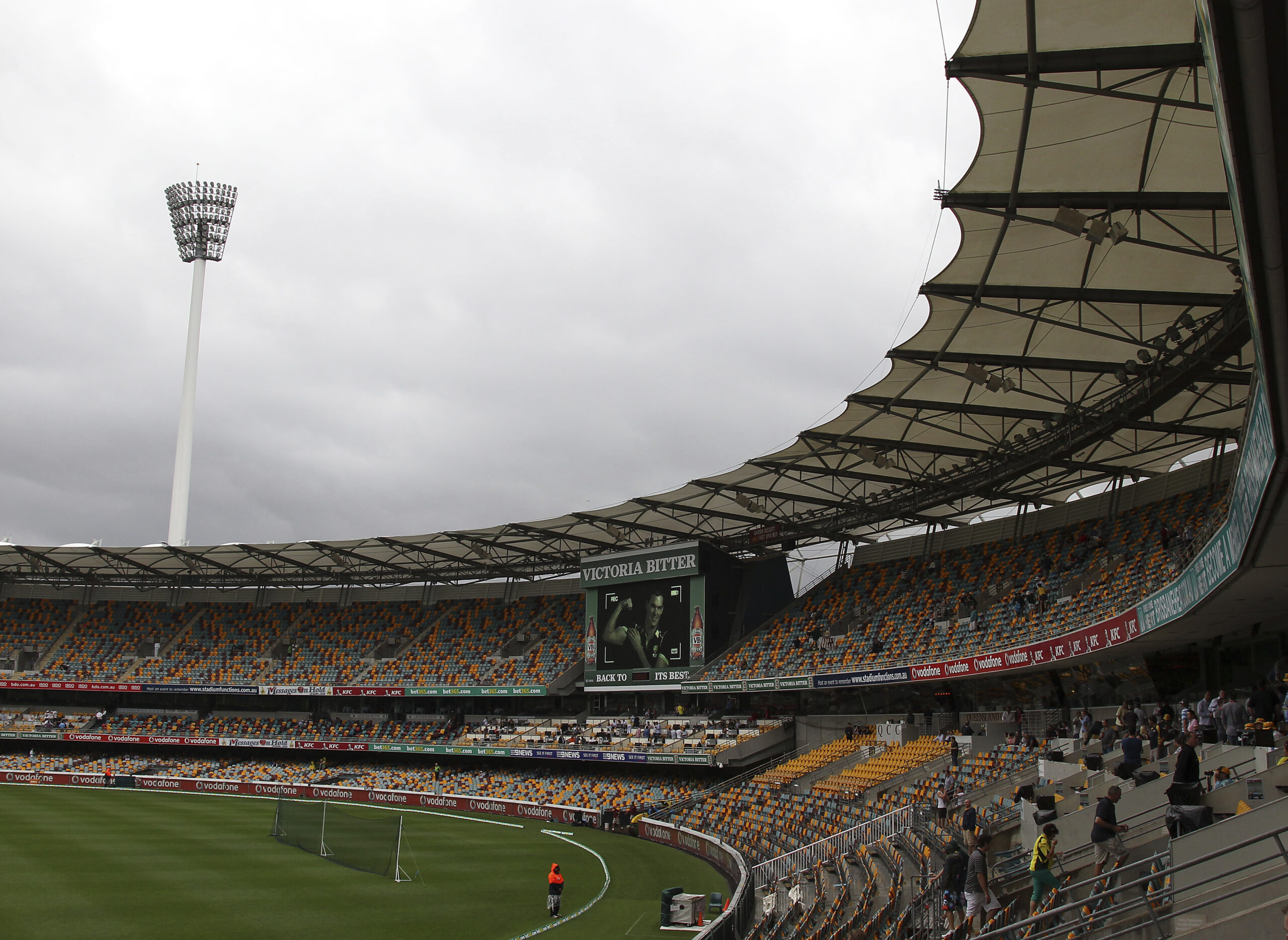BRISBANE, AUSTRALIA (AP) – The cricket stadium that Brisbane Olympics backers pitched as the centrepiece venue for the 2032 Summer Games is set to be demolished and rebuilt.
Queensland state’s Deputy Premier Steven Miles on Friday confirmed the AUD2.7 billion (USD1.8 billion) redevelopment of the stadium, widely known as the Gabba, would go ahead after the government accepted a project validation report.
Miles said the project would increase the seating capacity of the stadium to 50,000 and connect the Gabba, which has been the state’s cricket headquarters for more than a century, with a new underground rail station.
A local primary school will be relocated to make way for the stadium’s bigger footprint. Cricket teams and the Brisbane Lions, a leading club in the Australian Football League, will also be temporarily relocated during the building phase.
Miles said construction would take four years, starting after the Gabba hosts an Ashes cricket test against England in late 2025, and be completed in 2030.
“That project validation report assessed four possible options for the Gabba and identified that a demolition and rebuild provided the best possible outcome, the best value outcome for the city,” Miles said.
“It will be a well connected stadium but most importantly, it will trigger the urban renewal that we want to see … it will be one of the best parts of the city to live in.”
Brisbane was selected as the 2032 Olympic host in July 2021 without a rival bid, making it the third Australian city to host the Summer Games after Melbourne in 1956 and Sydney in 2000.
The Brisbane bid was described by the IOC at the time as “a passion-driven, athlete-centric offer from a sports-loving nation.” Events will be staged across Queensland state, including the Gold Coast, which hosted the 2018 Commonwealth Games.
The Queensland state government is the main backer of the games, along with local councils from Brisbane and surrounding cities and with financial support from Australia’s federal government.
The initial Brisbane bid said the hosts already had 84 per cent of stadiums and event venues in place to fit the IOC’s modern demand of avoiding excessive spending and potential white-elephant projects. Initial plans called for an upgrade for the Gabba.







